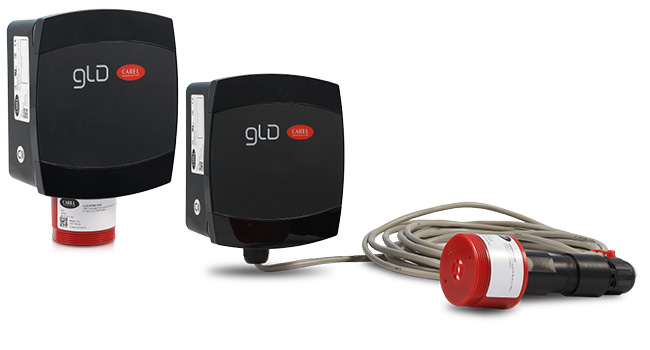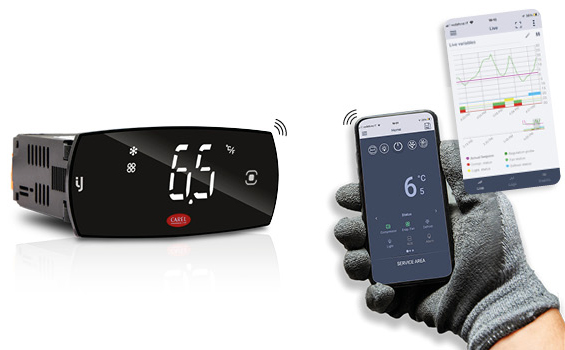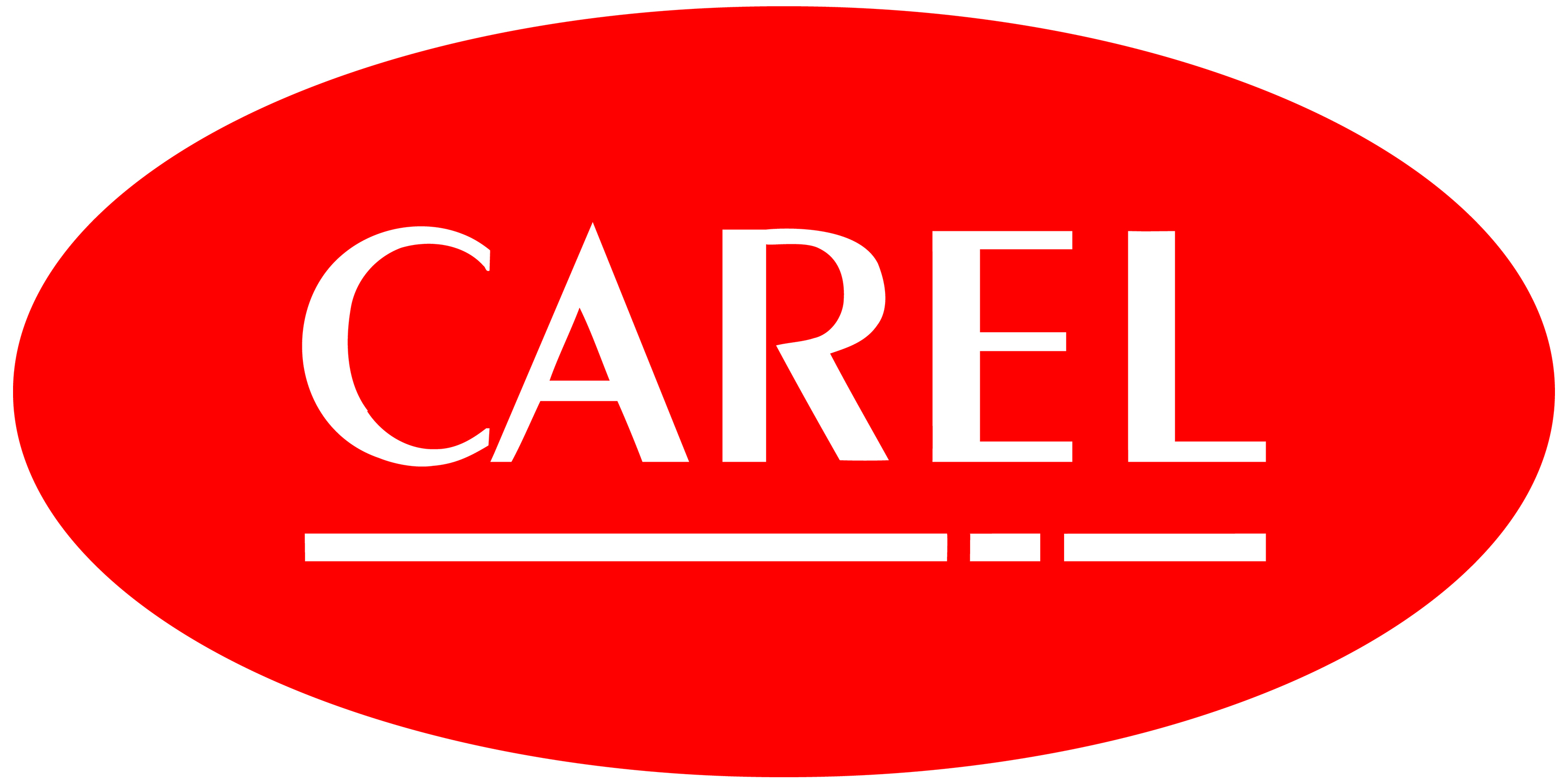Sustainability in the Wholesalers Channel
The global drive for system energy efficiency and the adoption of low-impact refrigerants have been growing trends over the last few years, and the leading unit manufacturers are now racing to adopt and improve new technologies with the focus on sustainability.
This collective effort is aimed at optimising energy consumption and reducing waste, and can be seen in all sizes of refrigeration systems, from supermarkets and large logistics centres down to the small cold rooms in a butcher’s shop, with an impact on time and resources, nature and health, energy and costs, and finally food and waste.

One of the main approaches when aiming for sustainability is to no longer consider each “individual” unit but rather the concepts of connections and systems, and consequently multiple devices that exchange information with each other.
An outdoor condensing unit that “talks” to the room electronic controller that, in turn, communicates with an evaporator, is an example of a system: modulation of refrigerant flow inside the evaporator is synchronised with the operation of the compressor, based on the current cooling request, optimising the energy consumption of the entire system.
Connection between devices also means using a supervisory system, such as the boss family, which can receive information from all the monitored systems and, applying synchronisation strategies, can query and manage them so as to ensure energy savings and a constant food storage temperature, thus helping to preserve food quality and avoid waste.

Sustainability also means striving for zero emissions as regards refrigerant leakages into the environment, responding promptly in the event of mechanical failures and losses from the pipelines by shutting down the system and activating audible warning signals. When our Gas Leakage Detector is calibrated and commissioned using an extremely intuitive interface, such as a smartphone via Bluetooth connectivity, sustainability can also be achieved in terms of usability and time saved in the field.

The possibility for the iJW electronic controllers to be fully configured via a smartphone app or using a multilingual configuration wizard with guided questions, makes them readily accessible to technical personnel who are interacting with this type of product for the first time.
Local commissioning via Bluetooth or NFC connection is immediate, as are service and maintenance, with extensive opportunities to access all unit information and the trends of the main variables directly from a mobile device. Favourite configurations can be saved, exported and shared with the team, even via remote (email or instant messaging) and used to configure new controls in next-to-no time.
While know-how and field testing remain vital to facilitate the transition to these new technologies, the technical support of innovative and empowering partners helps drastically reduce the times for testing and adoption and makes it possible to embrace a new and broader concept of sustainability more quickly and effectively.
